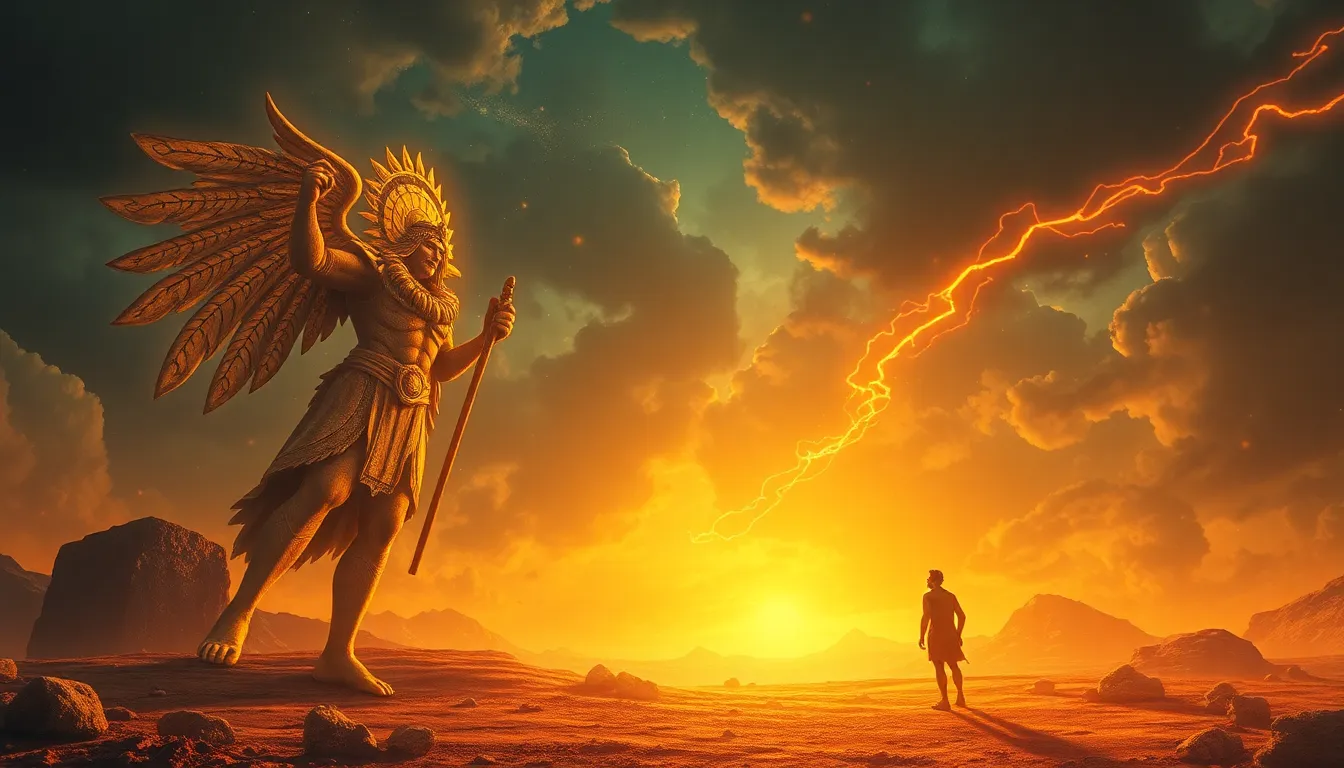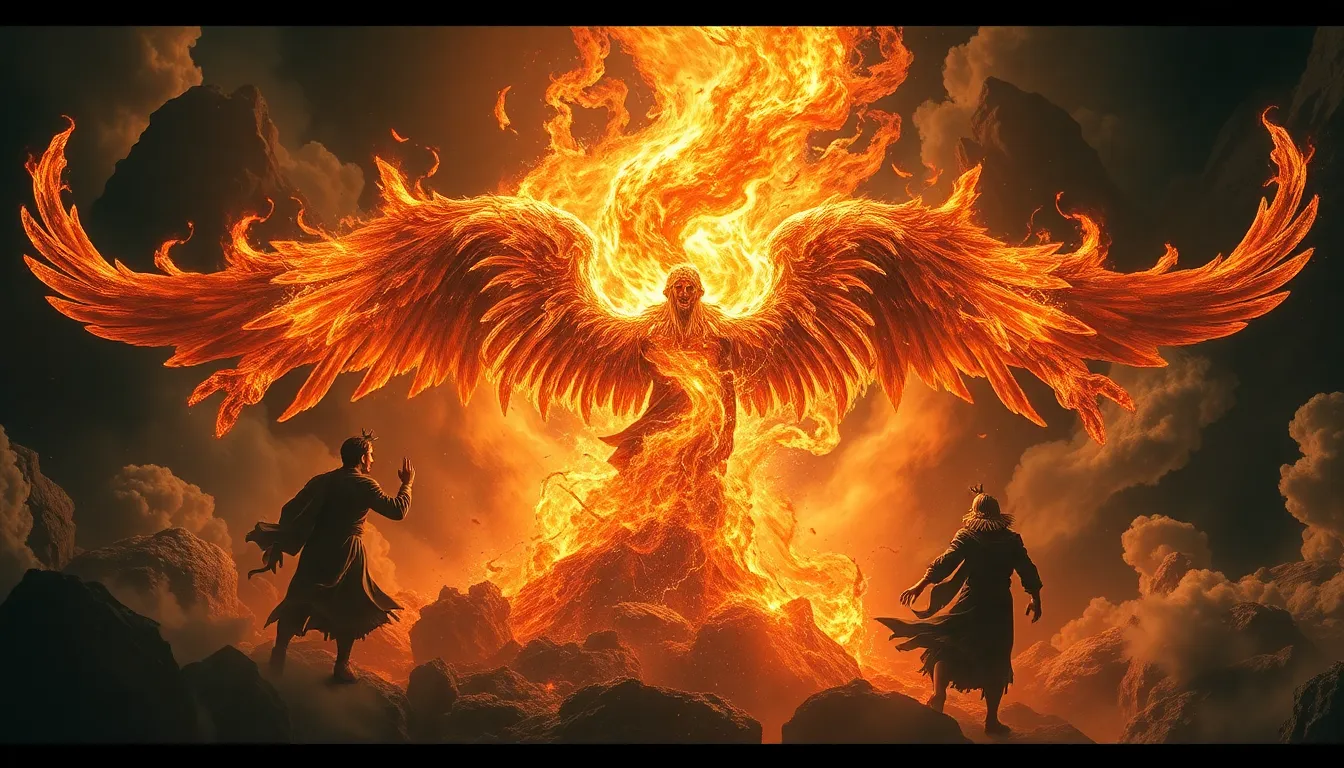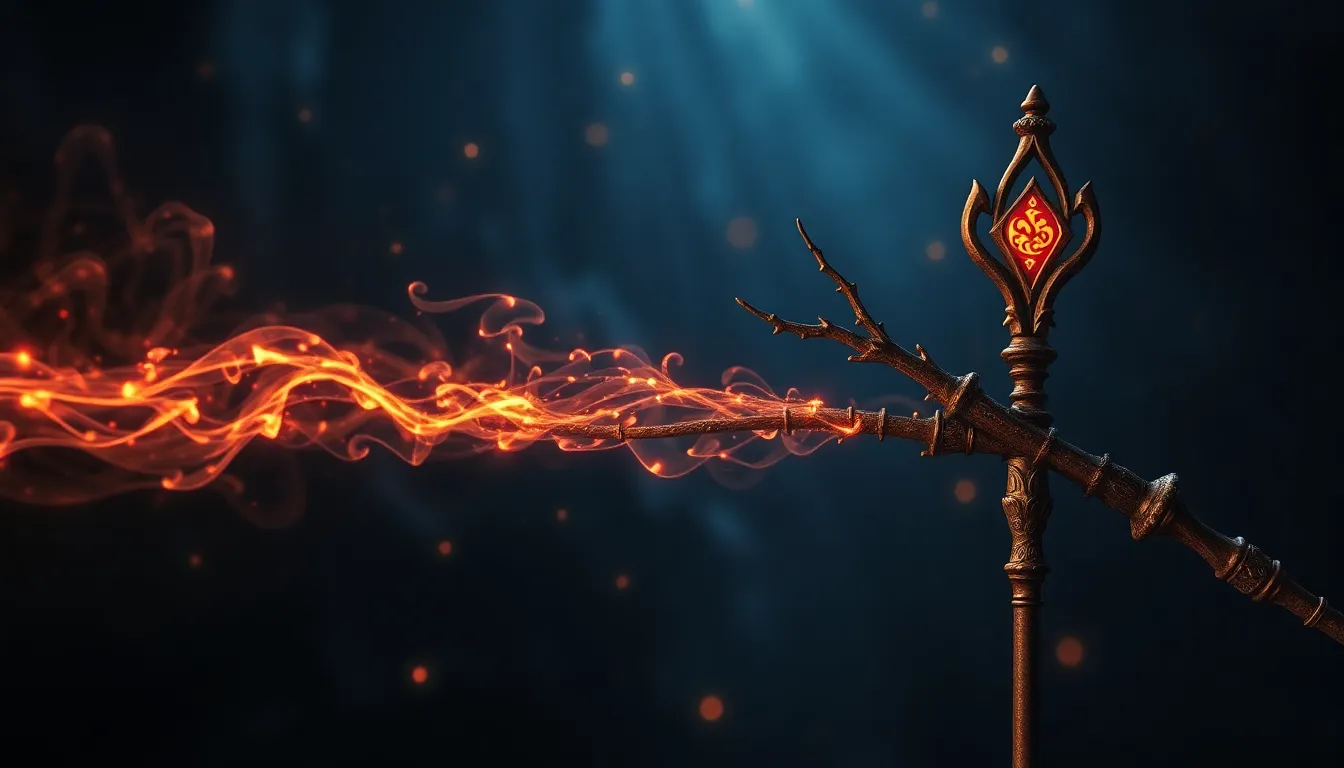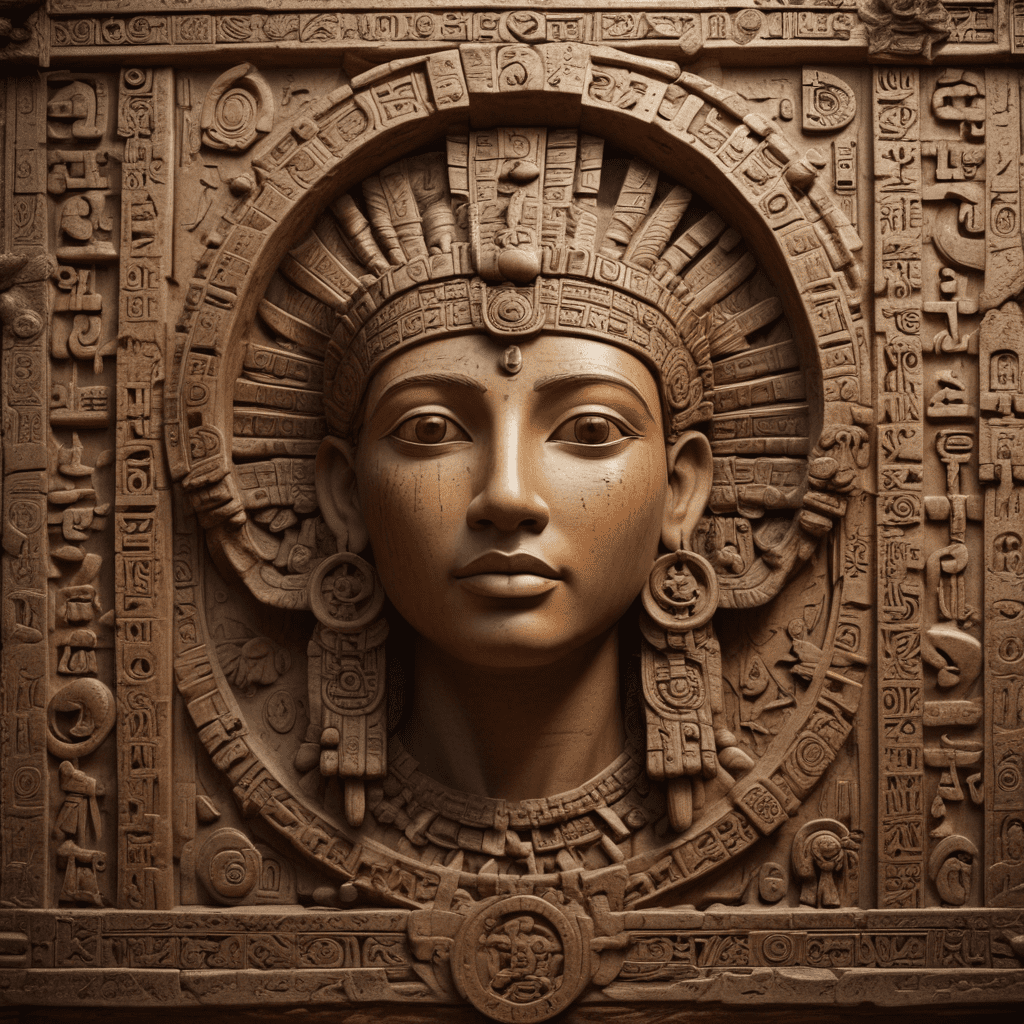The Forgotten Gods: Creation Myths That Reveal Hidden Truths
I. Introduction
Creation myths are foundational narratives that explain how the world and humanity came into existence. These stories, often steeped in symbolism and allegory, provide insight into the values and beliefs of the cultures that birthed them. They serve as a lens through which we can understand the human condition and our place in the cosmos.
The concept of “forgotten gods” refers to deities and figures from various ancient mythologies that have largely faded from contemporary consciousness. As societies evolve, many of these gods and their associated myths are overshadowed by more dominant narratives, leading to a loss of rich cultural heritage.
This exploration aims to uncover hidden truths within these creation myths, revealing not only the stories of forgotten gods but also the universal themes that resonate with our modern existence.
II. The Role of Creation Myths in Ancient Cultures
Creation myths played a crucial role in shaping the identities of ancient cultures. They served various functions:
- Explaining Natural Phenomena: Myths provided explanations for natural events, such as the changing of seasons, the cycle of day and night, and the origins of humanity.
- Establishing Moral Codes: Many myths included lessons and morals that guided the behavior of individuals within the society.
- Creating Community Identity: Shared myths fostered a sense of belonging and unity among members of the culture.
Common themes and motifs often emerge across different cultures, including creation from chaos, the emergence of dualities (such as good and evil), and the concept of sacrifice. Oral traditions have played a vital role in preserving these myths, allowing them to be passed down through generations, though they may evolve over time.
III. The Forgotten Gods: An Overview
In the context of creation myths, “forgotten gods” are those deities that once held significant cultural importance but have since been relegated to the shadows of history. These gods often represent aspects of the human experience that have become less recognized in contemporary narratives.
Examples of lesser-known deities include:
- Enki: The Sumerian god of water and wisdom, who played a vital role in creation but is often overshadowed by more prominent gods like Marduk.
- Tanuki: A Japanese trickster deity associated with shapeshifting and transformation.
- Ymir: In Norse mythology, the primordial giant whose body was used to create the world.
The obscurity of these gods can be attributed to the dominance of particular religious narratives, cultural shifts, and the gradual loss of traditional storytelling practices.
IV. The Enuma Elish: Babylonian Insights
The Enuma Elish is a Babylonian creation myth that outlines the origins of the world and the rise of the god Marduk. The narrative begins in a state of chaos, represented by the primordial waters of Tiamat, a dragon goddess.
Marduk, a younger god, rises to confront Tiamat, ultimately defeating her and using her body to create the heavens and the earth. This myth reflects themes of chaos and order, illustrating the struggle between these forces and the establishment of a structured universe.
Hidden truths within this story pertain to the human condition, particularly the notion that order often arises from chaos, and the idea that creation can involve conflict and sacrifice.
V. The Popol Vuh: The Mayan Perspective
The Popol Vuh is a sacred text of the Maya that contains their creation story. It details the adventures of the Hero Twins, Hunahpú and Xbalanqué, who embark on a journey to defeat the lords of the underworld.
The narrative emphasizes the importance of duality and balance in life, highlighting the interplay between light and darkness, life and death. The Hero Twins’ story not only serves as a creation myth but also as a moral tale about perseverance, intelligence, and the value of community.
VI. The Rigveda: Hindu Creation Myths
The Rigveda, one of the oldest sacred texts of Hinduism, contains various hymns that address the creation of the universe. One significant figure in these hymns is Purusha, the cosmic being whose sacrifice led to the creation of the world and all living beings.
This myth encapsulates the interconnectedness of all existence, suggesting that all life is derived from a singular source. It emphasizes unity and the idea that every being plays a role in the cosmic order.
VII. The Aboriginal Dreamtime: Australian Creation Narratives
The Dreamtime is a fundamental concept in Aboriginal Australian culture, representing a time when ancestral spirits created the world. These narratives are deeply spiritual, encompassing the creation of landforms, animals, and human beings.
Key stories include the journeys of the ancestral beings who shaped the landscape and established the laws of existence. The Dreamtime emphasizes the connection between people, land, and the environment, imparting lessons on stewardship and respect for nature.
VIII. African Creation Myths: Diversity and Unity
Africa is home to a rich tapestry of creation myths, each unique to its culture yet often sharing common themes. These stories frequently feature a Great Spirit or Creator, who brings forth life and order from chaos.
Some notable aspects include:
- Community and Cosmos: Many African myths emphasize the interconnectedness of community, nature, and the cosmos.
- Diversity of Narratives: Different tribes have distinct stories that reflect their specific cultural contexts and environments.
These myths highlight the unity of creation and the importance of living in harmony with the world.
IX. Common Threads and Contrasts: Analyzing the Myths
When analyzing creation myths from various cultures, certain themes emerge:
- Chaos and Order: Many myths describe a transition from chaos to order, reflecting humanity’s struggle for understanding and stability.
- Duality: The concept of dualities, such as light and dark, life and death, is prevalent across cultures.
- Existential Questions: Creation myths often address fundamental questions about existence, purpose, and the nature of the universe.
Forgotten gods, while lesser-known, serve as a reminder of humanity’s quest for understanding, offering unique perspectives that enrich our comprehension of life and existence.
X. Conclusion
The myths of forgotten gods and their narratives hold significant relevance in our modern world. They remind us of the diverse ways cultures have sought to explain our origins and our place in the universe. By revisiting these stories, we can uncover hidden truths about ourselves, our connections to the environment, and the shared human experience that transcends time and geography.
As we delve into these ancient tales, we honor the wisdom of past civilizations and recognize the enduring power of storytelling in shaping our understanding of existence.




